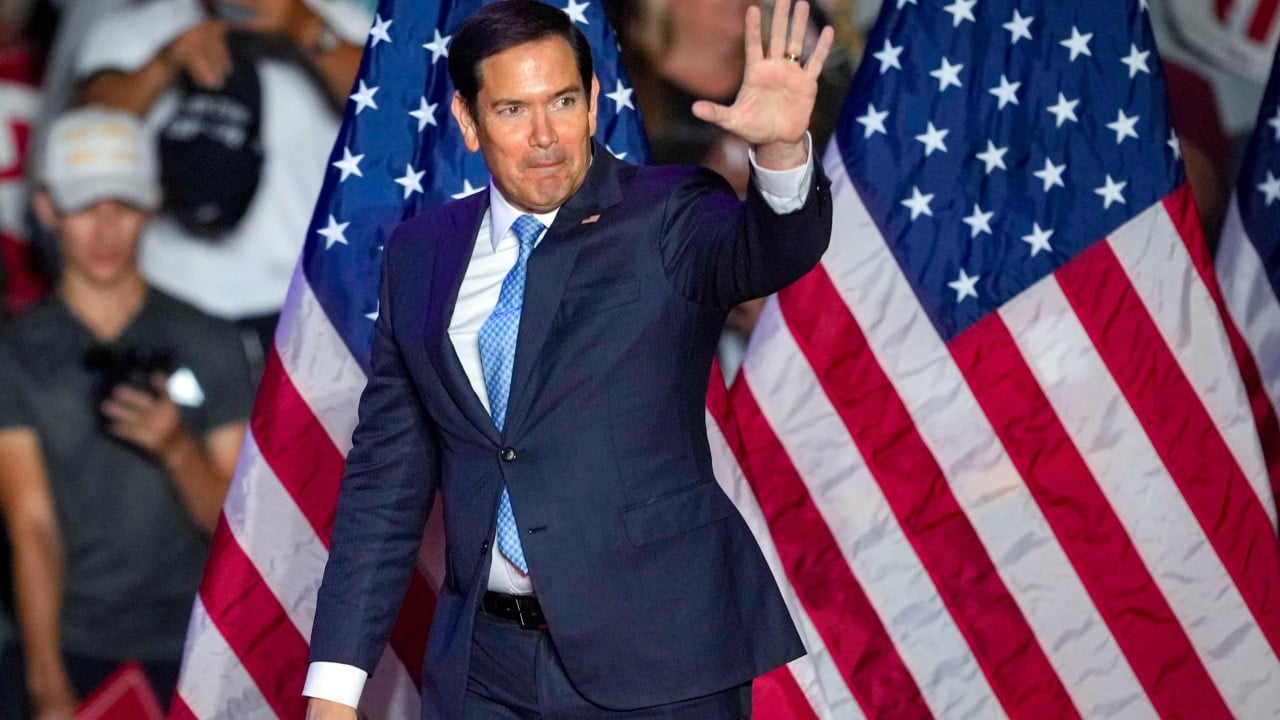When Marco Rubio was nominated by US president-elect Donald Trump last month to be the next US secretary of state, one obvious question loomed: how would the Florida senator, who has been sanctioned by China twice, engage with Washington’s biggest rival?
Advertisement
Rubio – known for his hawkish stance towards China – could move to stifle high-level exchanges between Washington and Beijing and throw up road blocks to any meaningful negotiation, according to observers.
However, Beijing could consider several options to counter confrontational US moves, and sanctioned high-level diplomats from either side could still meet face-to-face in a neutral, third-party location, analysts said.
As Yuan Zheng, deputy director of the Institute of American Studies at the Chinese Academy of Social Sciences (CASS), put it: “We could follow the American formula. The US has set an example for us, and this is reciprocity.”
This was the case with Li Shangfu, the former Chinese defence chief who was sanctioned by the US after being accused of helping to transfer combat aircraft and air defence missile systems from China to Russia.
Advertisement
Li, who was ousted a few months after being named defence minister, never held formal talks with his American counterpart Lloyd Austin, but they did have a brief exchange at a regional security conference in Singapore in 2023. They “shook hands but did not have a substantive exchange”, according to the Pentagon.

